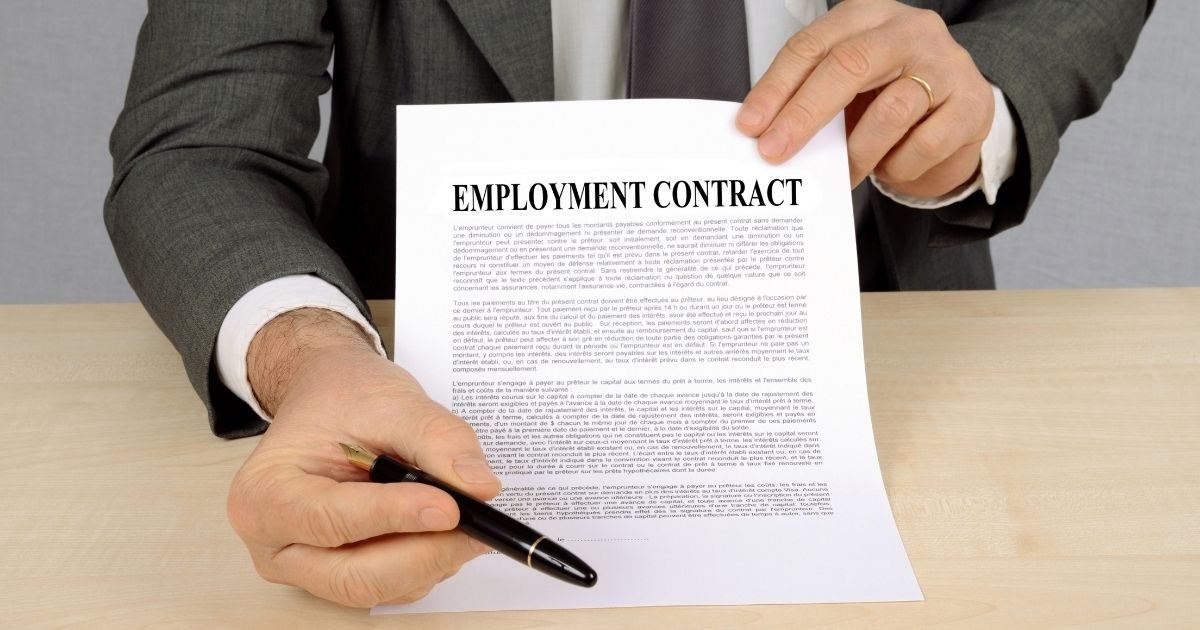What Role Do Indemnification Clauses Play in Contracts?

Understanding the significance of indemnification clauses can be the key to safeguarding your interests. The indemnification clause stands out as a critical element designed to protect parties from financial loss and legal complications. This blog explores the role of indemnification clauses in contracts, shedding light on why they are indispensable for business owners in Philadelphia.
Understanding Indemnification Clauses
At its core, an indemnification clause is a contractual agreement between parties where one party agrees to compensate the other for the losses suffered due to the actions of the indemnifier or another specified party. It is a risk-transfer mechanism that plays a pivotal role in managing liability and mitigating potential financial risks within business operations.
Indemnification clauses serve several vital functions in commercial agreements:
- Risk allocation: They clearly delineate how risks are allocated between parties, ensuring that each party understands their liabilities and the extent of their financial responsibilities.
- Protection against losses: These clauses offer protection against losses arising from lawsuits, third-party claims, or breaches of contract.
- Legal defense: Indemnification clauses often cover legal expenses, providing crucial support in litigation.
The Importance for Business Owners
For business owners, the incorporation of indemnification clauses in contracts is essential for several reasons:
- Minimizes financial risks: By transferring certain risks to the other party, businesses can protect themselves against significant financial losses.
- Clarifies responsibilities: These clauses clarify legal and financial responsibilities, preventing disputes related to liability and compensation.
- Enhances contractual relationships: By setting clear expectations regarding risk management, indemnification clauses contribute to more stable and predictable contractual relationships.
However, the effectiveness of an indemnification clause depends on its precise wording. Ambiguities in the language can lead to interpretations that might not align with your protective intent. Therefore, it is crucial to draft these clauses carefully, emphasizing clarity and comprehensiveness.
When drafting indemnification clauses, keep the following in mind:
- Scope of indemnification: Clearly define what types of claims, losses, and expenses are covered.
- Notice and defense: Specify the requirements for notice of a claim and control over the defense, settlement, or negotiation.
- Limitations: Consider including caps on indemnification or time limits within which claims can be made.
Navigating Legal Complexities
The legal landscape surrounding indemnification clauses is complex and varies by jurisdiction. In Philadelphia, as in other regions, the enforceability of these clauses is subject to state laws and judicial interpretations. Businesses must be cognizant of legal standards and requirements to ensure that their contracts are fair and enforceable.
Business owners should seek legal guidance when incorporating indemnification clauses into their contracts. A skilled attorney can help you understand the nuances of these provisions, tailor them to your business needs, and ensure that they comply with applicable laws.
Indemnification clauses are indispensable tools for managing risk in business contracts. They provide a safety net, protecting businesses from financial and legal hurdles. However, the effectiveness of these clauses lies in their careful drafting and the understanding of their legal implications.
For business owners in Philadelphia, incorporating well-crafted indemnification clauses in contracts is not just a matter of legal prudence but a strategic business decision. By allocating risks appropriately and ensuring legal compliance, you can safeguard your business against potential liabilities and foster stronger, more reliable business relations.
Our Philadelphia Business Lawyers at Sidkoff, Pincus & Green P.C. Will Help You Navigate Indemnification Clauses
Navigating the complexities of indemnification clauses requires experience and foresight. If you want to protect your business interests through effective contract drafting or need assistance understanding the legal implications of indemnification clauses, Sidkoff, Pincus & Green P.C. is here to help. Our team of experienced Philadelphia business lawyers is adept at crafting tailored legal solutions. Contact us online or call us at 215-574-0600 to schedule a consultation. Located in Philadelphia, we serve clients in New Jersey and Pennsylvania, including South Jersey.






















